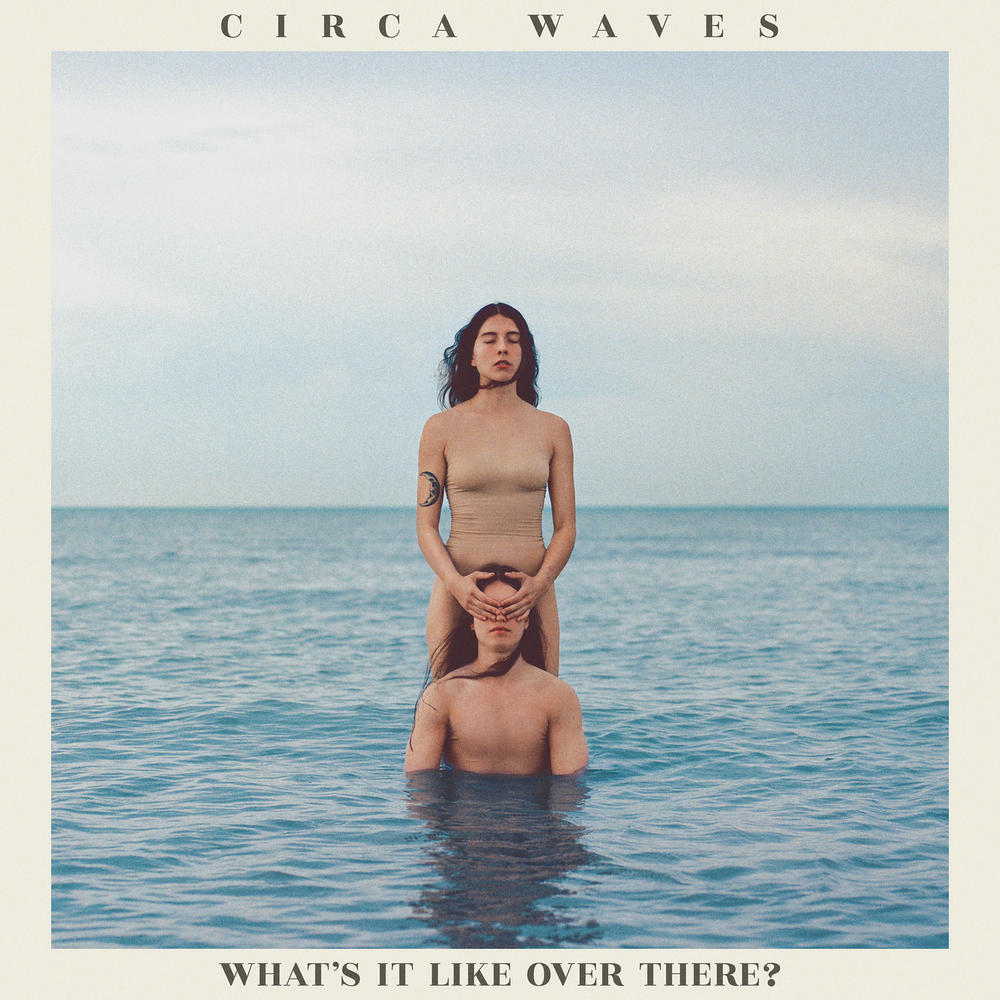Heading backwards in time through David Bowie's discography now, Hunky Dory is the album previous to his breakthrough classic The Rise and Fall of Ziggy Stardust and The Spiders From Mars, and was brought into the mainstream consciousness by the success of that album. I find it so strange that it didn't break through on its release, because it features some of Bowie's most anthemic, feel good singles that are now considered some of his most iconic tracks.
The album opens on such a run, with the first four tracks being brilliant. The album opens with Changes, which is such an anthemic and sing-a-long tune with sweeping strings that sound like a film score. The stuttering way Bowie sings the chorus is just so charismatic and fun. This leads into Oh! You Pretty Things which is much more of a bouncy, stomping glam rock jam, which is just as fun and theatrical. Eight Line Poem slows the pace down into something more bluesy and sorrowful, which is exactly what is needed to lead into the dramatic, emotional masterpiece that is Life on Mars?. Everyone has heard this song, it's one of Bowies most famous, and it has such a cathartic release to it that makes it obvious why. The intense swells of strings, the powerful storytelling about escaping in cinema, and Bowie's soaring, impassioned vocals work so perfectly.
However, after this point I feel like the record is nowhere as consistent and a bit lightweight in places. I think this is a bit of a controversial opinions as it's generally considered one of the best Bowie records by most fans. None of the songs are noticeably poor quality, but it feels like Bowie is still finding his footing as an artist, with the songs feeling generally lacking in the grand conceptual themes and experimental musical elements that Bowie delves head first in from Ziggy Stardust onwards. There is also an obvious sense of Bowie trying to imitate his idols on this record. There are tracks titled Song for Bob Dylan and Andy Warhol, and Queen Bitch is just straight up Lou Reed worship. These tracks lean far to much on trying to sound like the artists in question, rather than being their own thing. Some of the other tracks deeper into the record just sort of breeze by without much impact on me. They're sweet and cute little ditties, but just lack that weight and importance that the first four tracks (and Bowie's future records) do.
There are a couple of real hidden gems in the record though. Quicksand is a slow stripped back ballad which builds in intensity through each chorus, sounding very bare and emotive; as does the closer The Belway Brothers. This track is mainly just an acoustic guitar and Bowie's vocals, but the guitar tone and Bowie's performance turn it into something sounding much larger and dramatic. The hints of reverby trumpets that crop up here and there make it seem so spooky and somewhat sinister.
Hunky Dory has some absolute classics on it, but the record as a whole feels breezy and easy on the ears. It's not a record I feel I can sink into and explore like some of Bowie's later works (yes I will get to them - Spoiler: Station To Station is particularly phenomenal), and the reliance on tributing his idols mean's it doesn't really have a strong identity compared to what would come immediately after.
Top Tracks: Changes, Oh! You Pretty Things, Eight Line Poem, Life on Mars?, Quicksand, The Belway Brothers
7/10




